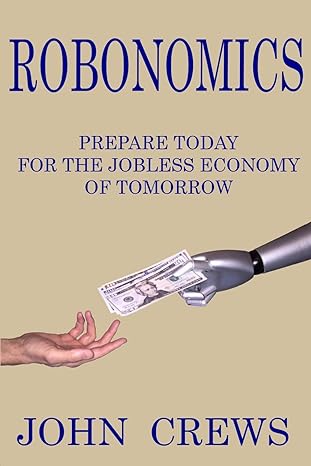Question
You were recently hired as an assistant to the financial VP of Coleman Technologies and your first task is to estimate Coleman's cost of capital.
You were recently hired as an assistant to the financial VP of Coleman Technologies and your first task is to estimate Coleman's cost of capital. The VP has provided you with the information below, which he believes is relevant to your task.
(1) The firm's marginal tax rate is 40%.
(2) The current price of Coleman's 15-year, 12% coupon (semiannual interest payments) bonds is $1,153.72. Coleman does not use short-term interest-bearing debt on a permanent basis. New bonds would be privately placed with no flotation costs.
(3) The current price of the firm's 9%, $100 par value preferred stock is $105. Coleman would incur flotation costs of 4.8% to issue new preferred stock.
(4) Coleman's common stock is currently selling at $50 per share. Its last dividend (D0) was $4.19, and dividends are expected to grow at a constant rate of 5% in the foreseeable future. Coleman's beta is 1.2, the yield on Treasury bonds is 7%, and the market risk premium is estimated to be 6%. For the bond-yield-plus-risk-premium approach, the firm uses a 4% point risk premium.
(5) Up to $300,000 of new common stock can be sold at a flotation cost of 15%. Above $300,000, the flotation cost would rise to 25%.
(6) Coleman's target capital structure is 30% debt, 10% preferred stock, and 60% common equity.
(7) The firm is forecasting it will retain earnings equal to $300,000 in the coming year.
After reviewing this information, the VP has asked you to do the following two things:
Question 1: What is Coleman's overall, or weighted average, cost of capital (WACC) when retained earnings are used as the equity component?
Question 2: Should the component costs be figured on a before-tax or an after-tax basis? Explain.
Question 3: What is the WACC if more than $300,000 of new common equity is sold? AND Explain in words why the new common stock has a higher percentage cost than the cost of retained earnings.
Step by Step Solution
There are 3 Steps involved in it
Step: 1

Get Instant Access to Expert-Tailored Solutions
See step-by-step solutions with expert insights and AI powered tools for academic success
Step: 2

Step: 3

Ace Your Homework with AI
Get the answers you need in no time with our AI-driven, step-by-step assistance
Get Started


